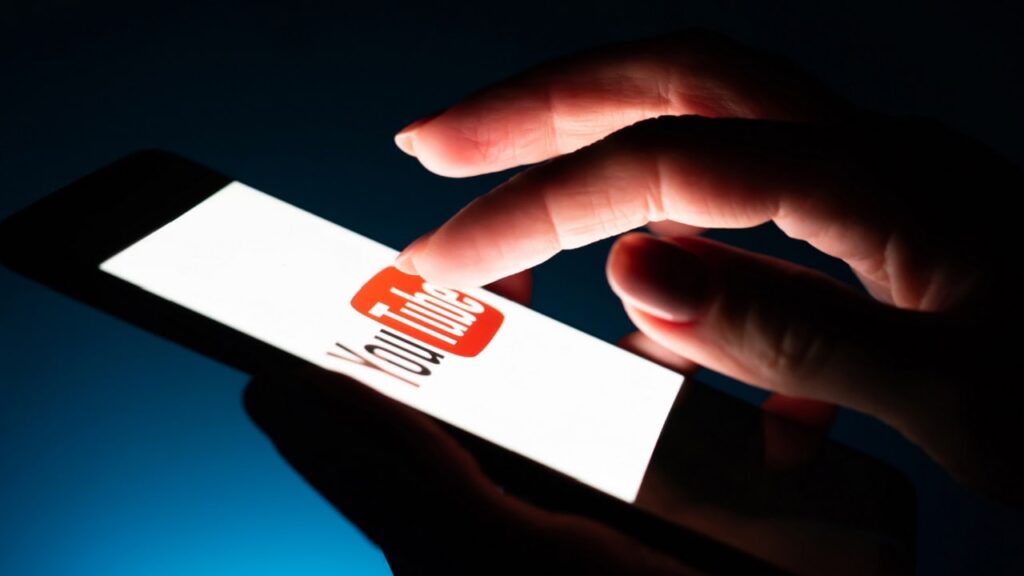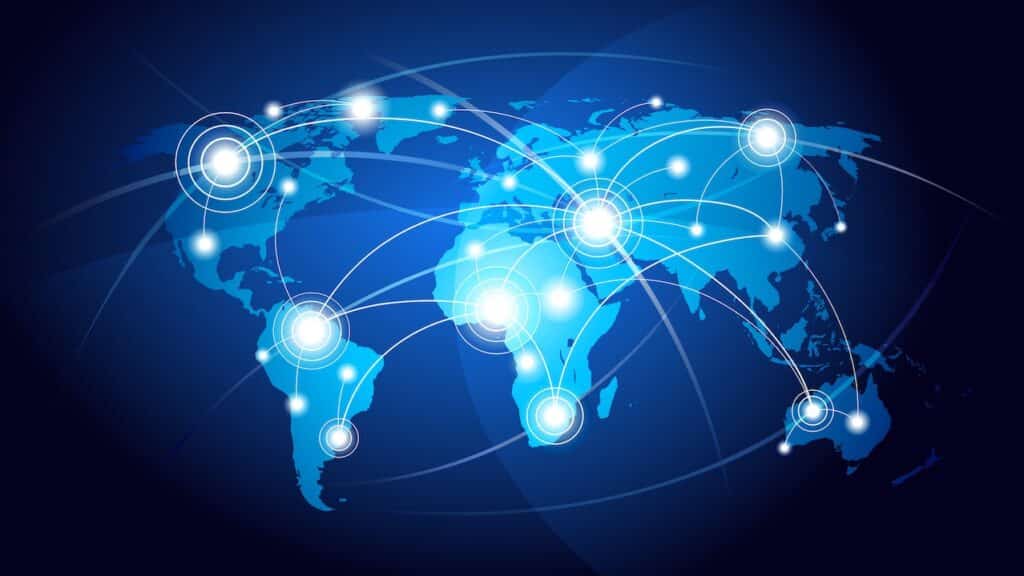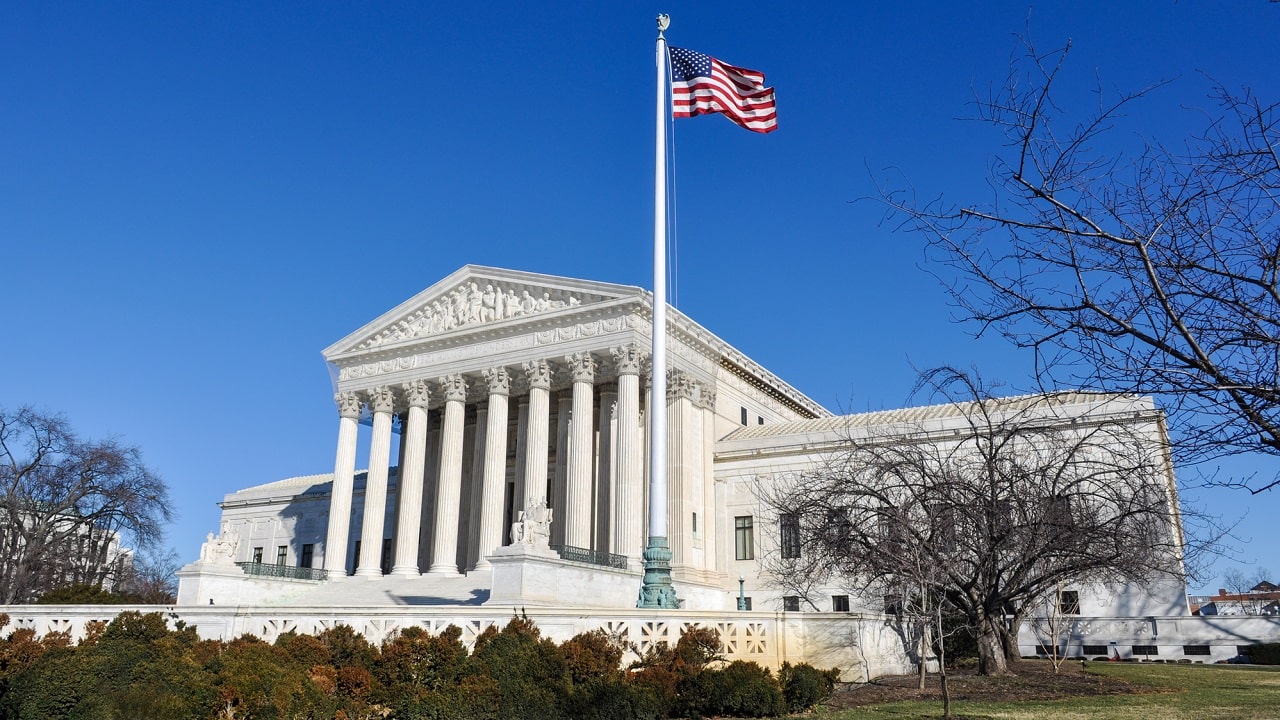The United States Supreme Court he is debating the process Gonzalez vs. Google, a sentence that could have important obstacles for the very future of the Internet. The crux of the matter is the Sezione 320 del Communications Decency Act del 1996, which discusses whether sites are responsible for what users post. The debate concerns YouTube, but due to how the American system works it could extend to all social networks.
The Supreme Court will decide the future of the Internet
The Supreme Court Justice Elena Kagan (nominated by Obama) does not hide it. “We are a court. We don’t really know about these things. These aren’t the nine biggest pundits on the internet.”
Yet the nine “Justices” of the American court will have to decide the Gonzalez v Google case, which could have a seismic impact on the future of the web. The judges, however, seem aware of the importance of the judgment they will have to pass regarding this case. Not only for the potential impact on the web, but also for the seriousness of the allegations of the Gonzalez family. Which could change the way we understand the responsibility of platforms such as YouTube but also on social networks with respect to user-generated content.
The case Gonzalez v. Google
The Gonzalez family sued Google after the American student nohemi gonzalez was killed in a shooting in Paris by Islamic State terrorists in 2015. The family claims that YouTube has recommended to video terrorists that radicalized the perpetrators. According to the family’s lawyers, this violates laws on aiding foreign terrorist groups.

The judges will not enter the debate on how the attack was perpetrated, but rather on the responsibilities of video platform YouTube. Typically, Section 320 of the Communications Decency Act of 1996 protects platforms that host user-generated content. But as you can see from the date of promulgation, the law does not take into account how the contents are suggested and managed by artificial intelligence: the The complexity of the situation has increased a lot in recent years.
The decision of the Supreme Court will therefore set a precedent that could also be used in the future for other user-generated content platforms – such as all social networks.
A detailed discussion
The decision by the Court will have a principle value, but in order to decide the judges cannot avoid understanding the technical issues. For example, the Gonzalez attorney, Eric Schnapperspoke of the thumbnails of YouTube video videos. The judges asked what would happen to the thumbnails if Google decides to rename the videos or if they take them off the platform, demonstrating that he does not have an expert understanding of the matter. But say want to understand best in detail.
The more serious problem, rather, is that this law is outdated. “This was one statuto pre-algorithmo and everyone is doing their best to understand how this statute applies. Whenever someone looks at something on the internet, an algorithm is involved.”
But making a decision won’t be easy, because imposing responsibilities on the algorithm could unbalance the issue too much. In fact, the judges have repeatedly asked how to change every single element of the law could impact the online industry in general. The digital economy could undergo massive changes, so the judges seem to be weighing the issue carefully.
The Supreme Court and the future of the Internet: what will be the result
The issue of platform liability can have momentous impacts. And that of Google is not the only case: tomorrow there will be a hearing for Twitter v Taamneh. And it’s not clear how the Supreme Court will decide the matter. The judge Amy Coney Barrett seems inclined to believe that companies are not responsible for some types of content – which would make the hearing unnecessary and avoid changing Section 230. The judge Kavanaugh thinks the matter should be debated by parliament. The two judges appointed by Trump therefore seem directed to leave everything as it is.
Google’s lawyer Lisa Blatt, seems to argue that Section 230 is to enforce some restraint, without making platforms unduly afraid of being punished. Changing it would therefore risk arriving “o al Truman Show o a un horror show”: Platforms censor anything that is remotely controversial, or let anything be published.

But when it comes to tips and artificial intelligence, things get more complicated. The judge Neil Gorsuch seems to pose differently from the other judges appointed by Trump, having repeatedly signaled the interest in search engines that they use AI to address the problem.
It therefore seems difficult for the Supreme Court’s position on the future of the Internet to be unambiguous and sensational. But the truth is that until the end of the trial we will not know for sure how it will work: understanding how the responsibility of the pUser-generated platforms could change the lives of countless professionals who work online. We will keep you informed.















Leave a Reply
View Comments